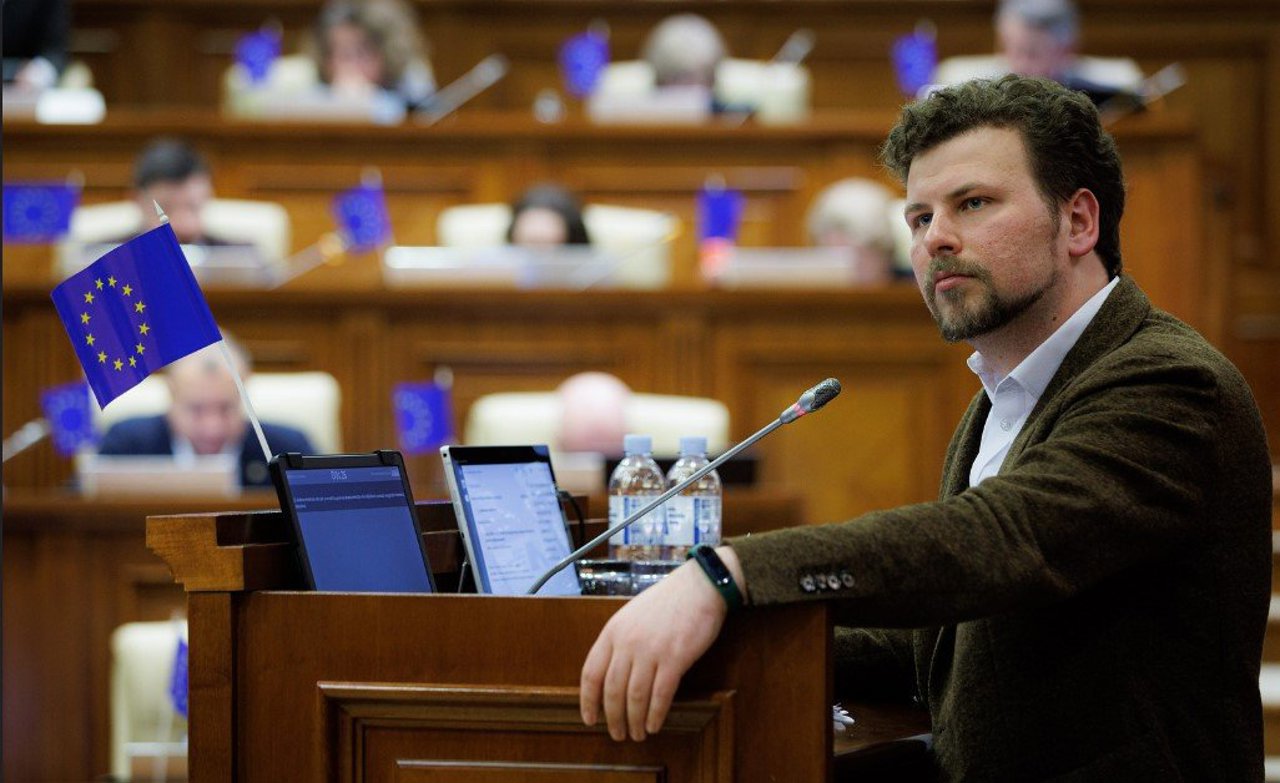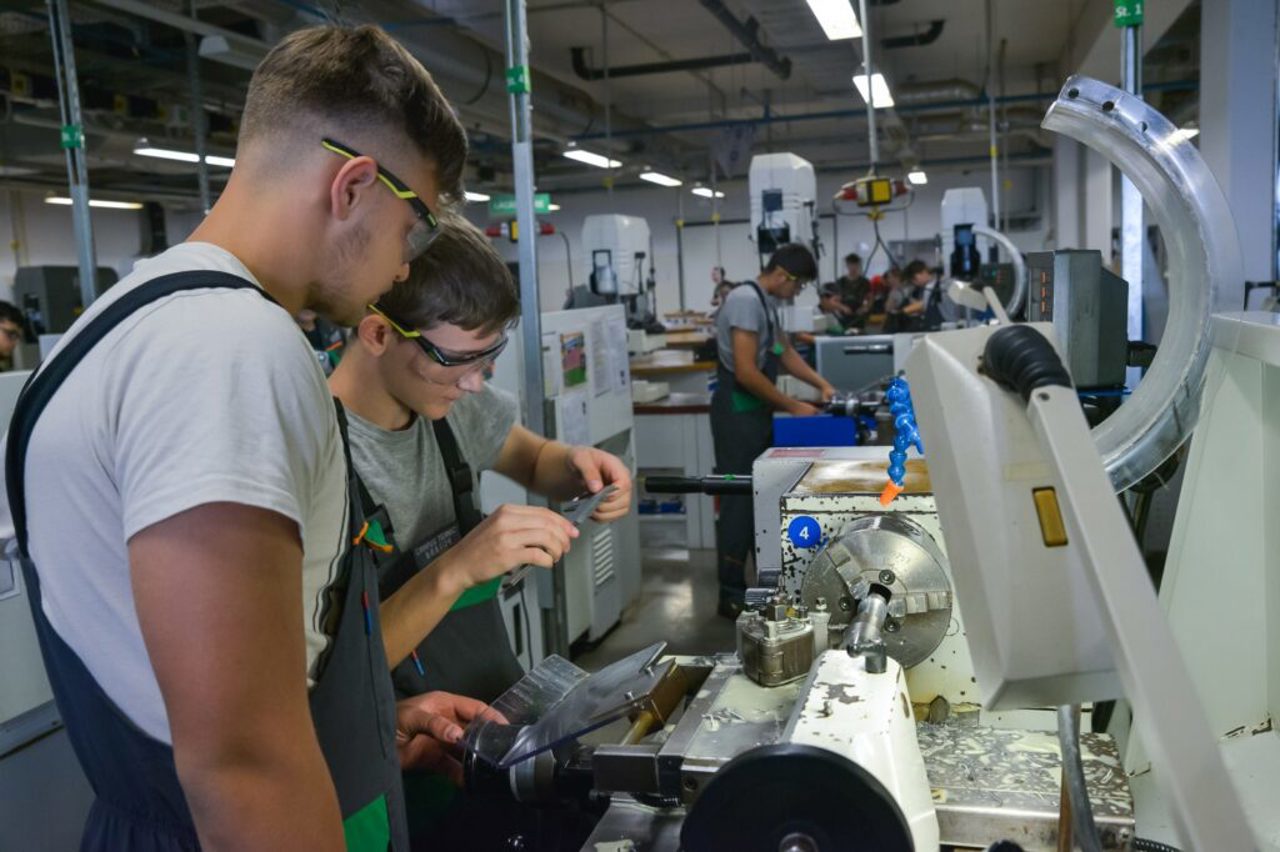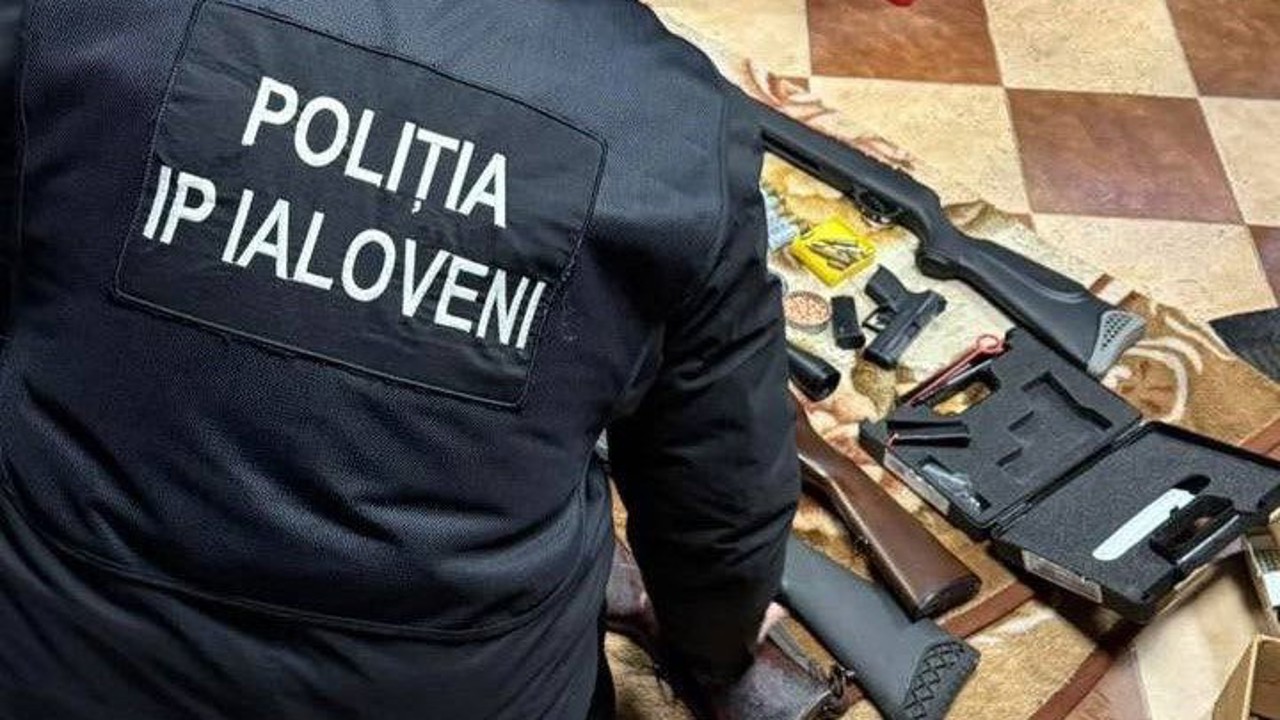Moldova Education: Teacher shortage sparks policy debate
Following nearly five hours of heated debate, the parliamentary majority rejected the simple motion brought by the communists and socialists against the Ministry of Education's policies.

In the plenary session, Minister Dan Perciun acknowledged that the system faces a teacher shortage, but rejected the opposition's accusations of inaction.
Minister of Education Dan Perciun presented the Parliament with a report on investments in education and admitted that the system faces several problems, including a severe shortage of teachers, especially in subjects like physics, mathematics, computer science, primary education, and special education. The minister announced that the ministry is preparing tailored policies for each subject, based on the severity of the shortage, to address the situation. These include higher allowances for young people who choose to study and teach these subjects.
We are observing a stabilization of the system. The decline in the number of teachers does persist, indeed, due to aging. Therefore, it is even more crucial to enhance our efforts to attract young specialists and optimize the school network.
The opposition was not convinced by the "successes" presented by Dan Perciun in Parliament. Independent MP Reghina Apostolova, associated with fugitive oligarch Ilan Șor, convicted of bank fraud, accused the minister of closing "12 schools" in the past year.
In response, Perciun rejected the accusations and stated that decisions to close or reorganize educational institutions are made by the district councils: "The Ministry of Education, as long as I have been minister, has not closed any schools."
Socialist Petru Burduja also accused the ministry of "shutting down" the Agrarian University. In response, Dan Perciun explained that the merger, not liquidation, of the Agrarian University with the Technical University of Moldova "was necessary to revitalize agricultural education and ensure more efficient management." The minister stated that the university was "in a deplorable state due to several irresponsible governments and administrations, as well as rectors who profited from the institution."
After hours of polemics regarding the ministry's activity, the people's representatives moved on to... elections. The Vice-President of Parliament, socialist Vlad Batrîncea, asked Perciun to answer "clearly," with a "yes" or "no," regarding the suspension of his ministerial duties during last year's election campaign. The Minister of Education acknowledged that he participated in electoral meetings, but says he did so only in his free time.
And I will continue to do so whenever necessary, especially since, in my opinion, the primary objective of these elections was to safeguard the Republic of Moldova and uphold its European trajectory. I actively encouraged representatives of the education system to get involved in promoting the referendum, with maximum dedication, understanding its importance for the country. And I will continue to do so, not for an electoral candidate, but for the direction I consider essential for the country's future.
After the round of questions and answers, the motion was put to a vote. The parliamentary majority rejected it, voting against it. The exercise took place in the absence of MPs associated with Șor, who left the plenary hall before the vote.
Since the beginning of the year, the opposition has filed three simple motions against members of the Cabinet of Ministers led by Dorin Recean. Two of these – against the policies of the Ministry of Health and the Ministry of Education – were rejected. The third motion, against the policies of the Ministry of Economic Development and Digitalization, will no longer be considered, as Minister Dumitru Alaiba announced his resignation this morning.
Translation by Iurie Tataru





